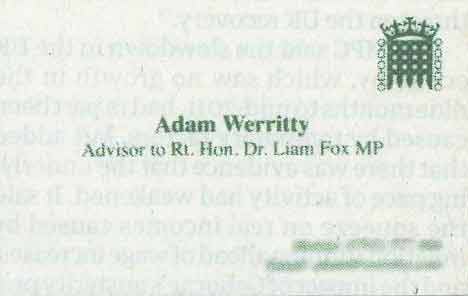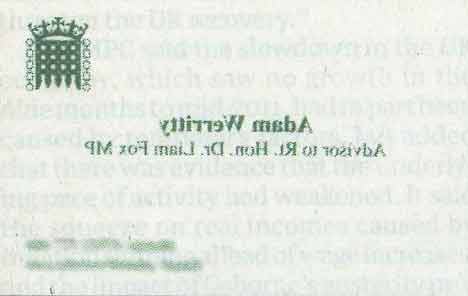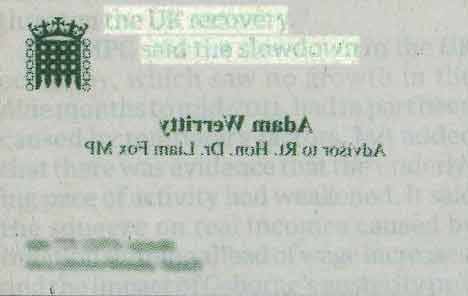This is a story of how self-declared ‘terrorism expert’ Glen Jenvey, acting as an agent provocateur under the name of Abu Islam, reportedly created a false story by posting allegations on an internet forum, and then passed that story to the national press on his own behalf and made the front page of the Sun.
This process has been investigated and uncovered by two bloggers over a number of months, and featured on the Donal McIntyre programme on Radio 5 yesterday.
The key spadework has been done by Tim Ireland of Bloggerheads, and Richard Bartholomew of Barth’s Notes, who have been digging into this for some time. Both Richard and Tim have posted again this weekend.
Inayat Bunglawala has a detailed commentary on this story on Islam Online, and makes a series of excellent points.
The bizarre aspect is that Glen Jenvey has apparently confessed as a result conversion to radical Islam.
There is a potentially sinister aspect to this story – that of gung-ho coverage of anti-Islam stories in the British media provoked and seeded by commentators whose political attitudes are sympathetic to such stories. A good example of this style of coverage was the inflammatory coverage of the demonstration by approximately 20 extremists during a parade of soldiers returned from Basra in Luton, in March this year. By contrast, a far more balanced report, in my opinion, was published by the Nofolk Unity blog.
This is another story which asks serious questions of the quality and professionalism of the processes of journalism in our national media – following on most recently from the Baltimore spoof. In turn this asks the question whether there is actually much material that is worth putting behind firewalls – and whether discerning readers will be willing to pay for it for long.
It also highlights how digging by bloggers can help uncover stories, which then get wider attention than is currently delivered in the UK by blog sites.
Finally, I’d note that bloggers can have exactly the same biases as newspapers for stories which fit in with our own opinions, and none of us are immune to that – including me. So we need to pay attention to all the traditional disciplines of good journalism – multiple sourcing, sanity checks by a third party if we have a concern, and the separation of reporting from opinion.


